Predictable Champions League has lost its magic —and now faces an uncertain future
On the pitch, the knockout stages of the Champions League appear to be more predictable than ever – but off it, the future of European football’s premier competition looks unclear, writes Miguel Delaney

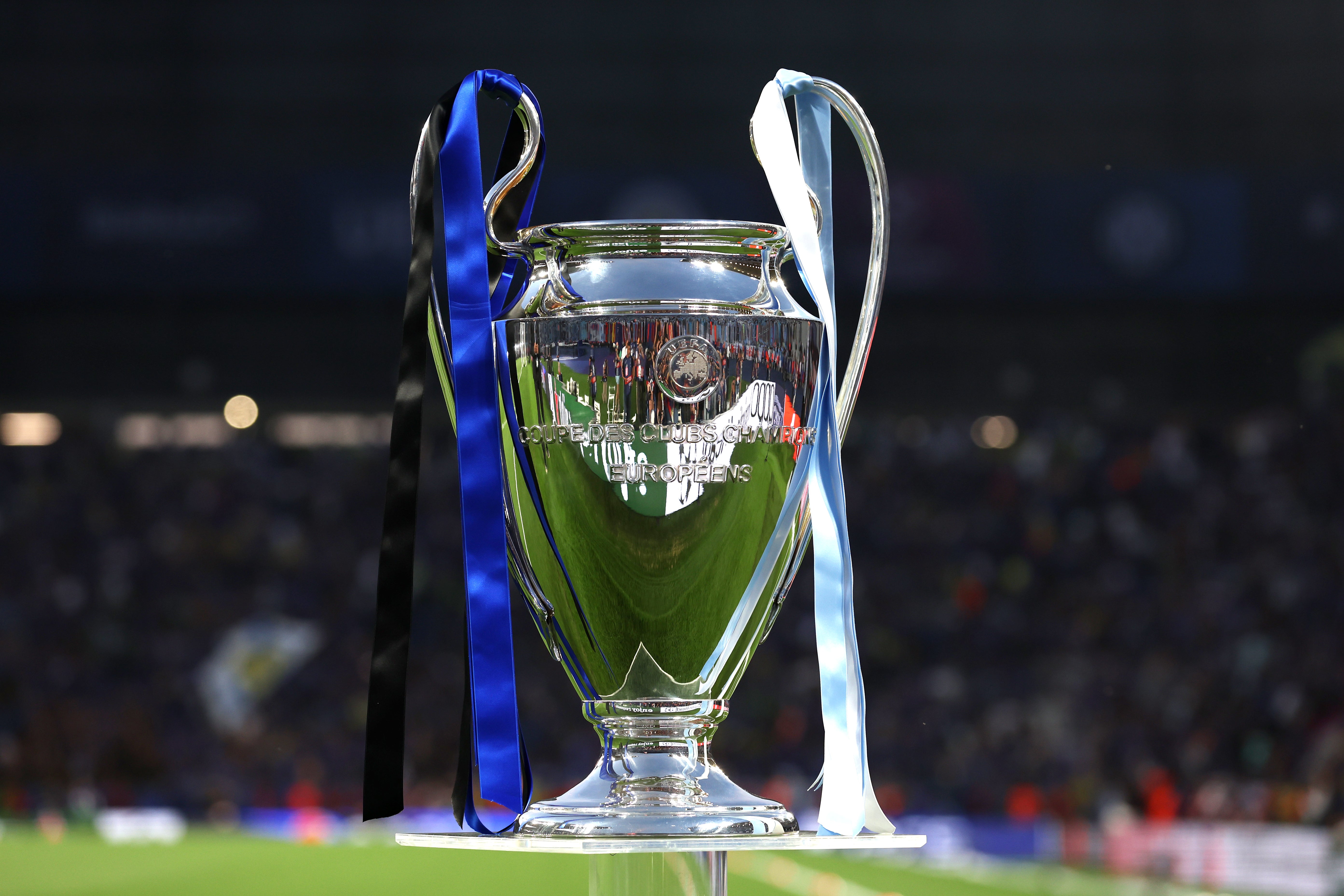
Your support helps us to tell the story
From reproductive rights to climate change to Big Tech, The Independent is on the ground when the story is developing. Whether it's investigating the financials of Elon Musk's pro-Trump PAC or producing our latest documentary, 'The A Word', which shines a light on the American women fighting for reproductive rights, we know how important it is to parse out the facts from the messaging.
At such a critical moment in US history, we need reporters on the ground. Your donation allows us to keep sending journalists to speak to both sides of the story.
The Independent is trusted by Americans across the entire political spectrum. And unlike many other quality news outlets, we choose not to lock Americans out of our reporting and analysis with paywalls. We believe quality journalism should be available to everyone, paid for by those who can afford it.
Your support makes all the difference.As the players return for the Champions League knockouts this week, there’s a question being discussed by their bosses that is more engaging than who might win the competition. The latter, after all, feels even more predictable than last season.
That is why club executives have recently been talking about the potential fallout of December’s European Super League decision and exploring one potential consequence. If someone went to Uefa and came up with a competition that raised half the prize money but guaranteed historic mid-tier clubs such as Celtic, Benfica and PSV Eindhoven had a better chance of winning it, would they take the leap? Should that not be what they are looking to do now?
The latter is something the European Court of Justice ruling essentially implies, since any such challenge would involve Uefa having to do an economic analysis to show their competition benefits the wider European game. That is something that has never been properly done, but a mere glance across this season’s last-16 ties indicates its outcome would be uncertain; maybe more uncertain than many of the matches.
There certainly doesn’t feel like there’s the same anticipation or sense of grandeur about the knockouts as there was even five years ago. It’s as if we’re now waiting for the “real” Champions League to begin in the quarter-finals, that point getting later and later as the top end of the competition gets narrower and narrower.
No club with a revenue of less than €465m has won the competition since 2013, and that was Bayern Munich. Of the last 16, the German champions are now seen as maybe the only team that can get close to Manchester City’s level, and that’s if Thomas Tuchel can sort a defence, and unless Arsenal or Real Madrid can develop quicker than expected. A few conditionals, sure, but a lot of predictability. As a consequence, there isn’t the same weight to many of the ties.
PSV Eindhoven-Borussia Dortmund may be more engaging amid a series of mismatches, but even there it feels like both are seeking to earn the right to be beaten by someone wealthier later on. This isn’t to be dismissive of any of the great clubs involved but instead to confront the economic reality of the game right now. There isn’t the same mystique or aura about many of these teams or ties, and it feels like that is down to much more than a globalised game meaning we can watch more international football now.
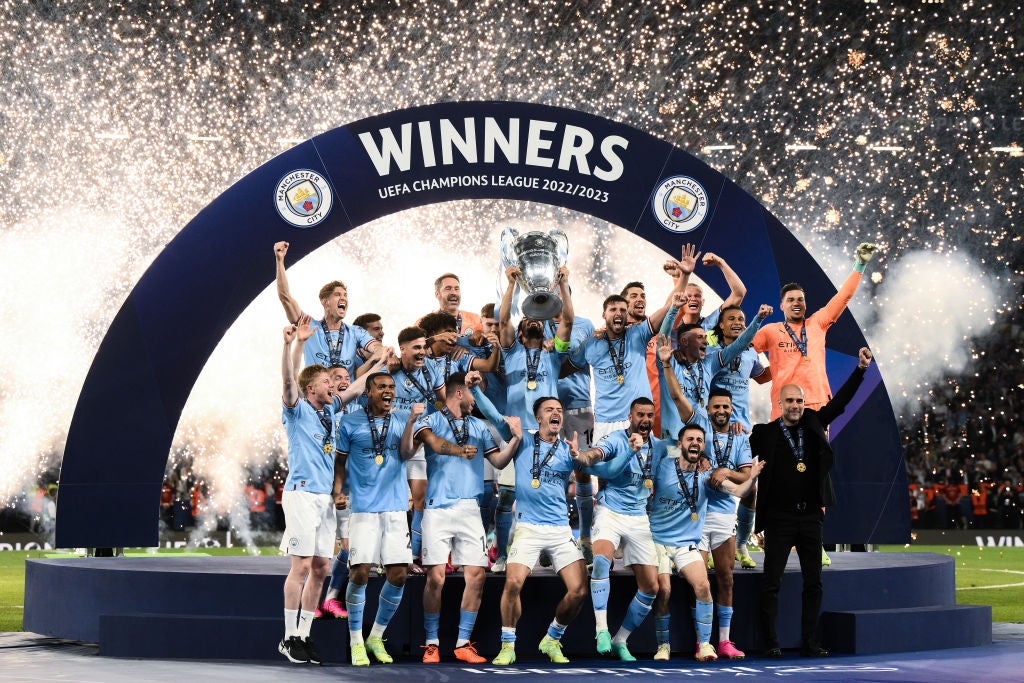
Broadcasting deals, after all, would suggest that most fans are only watching the Premier League or the super clubs.
It is rather that, as superbly as a club like Real Sociedad are run, there is an implicit knowledge that they have to do something close to impossible to try and even get to the latter stages of Champions League – let alone win it. Clubs like that, and this season there are a few, aren't seen as credible contenders for the trophy or imposing challengers in the way they would have been even 20 years ago. The financial gap is too great.
Is this what the competition is for? Lazio, as one example, were pursuing a Plymouth Argyle player in the January window, in the admittedly talented Morgan Whittaker. That’s still a long way from the dream team Sergio Cragnotti’s millions assembled in the early 2000s.
All of this might be thrown back if a gallant Real Sociedad play above themselves to eliminate Qatar's Paris Saint-Germain in one of the great Champions League ties. But that's the point: they would have to play above themselves, and then do it again.
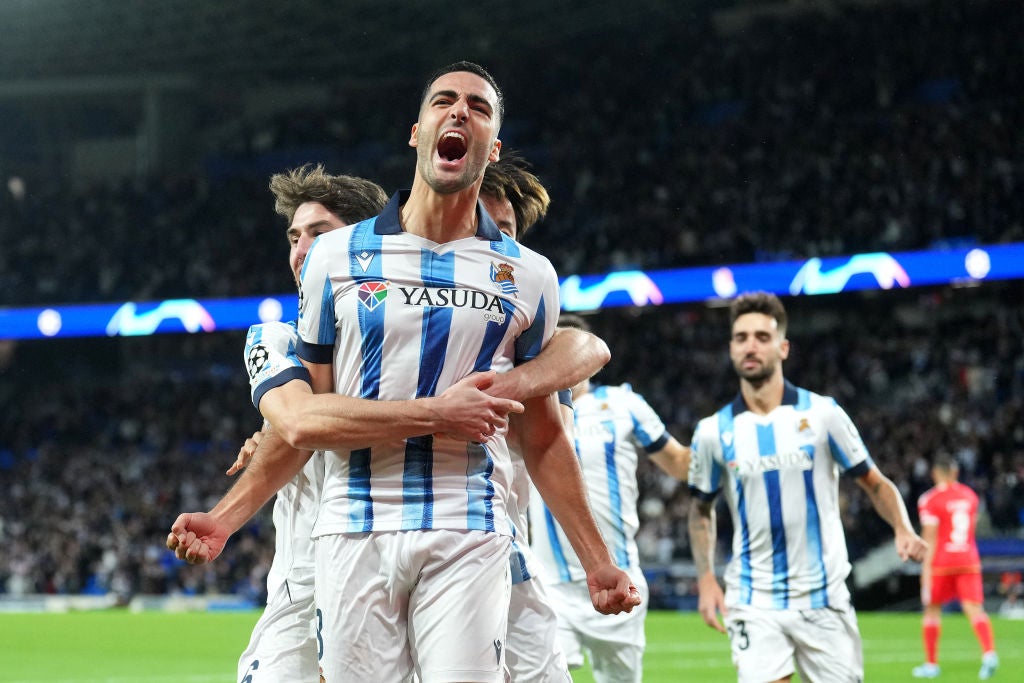
There is a deeper consequence to that, that has greater significance as the Super League continues to exert pressure on European football through A22.
The more that people sense that a sport is in some way predetermined, even subconsciously, the less that they’re interested. That perception is poison for a sport. And yet that is what is happening to the Champions League and the wider game.
It is not “fixed” in the sense of rigging matches or doping but instead by four decades of regulatory decisions on economics, which the Champions League itself has been a huge driver of.
“People just stop watching,” one prominent European football official complained. “There is a threat.”
That’s why there is an increasing threat to the game’s current infrastructure, although it’s getting to the point where that may not be a bad thing.
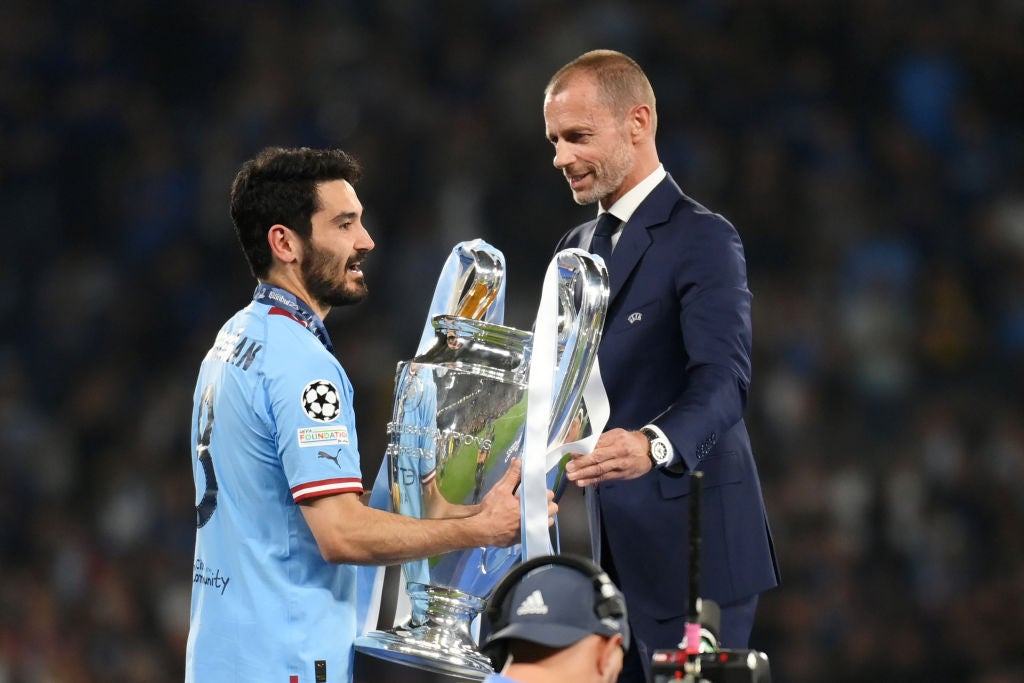
The Super League isn’t the way to go, especially since the brazen irony of their moves is that they are now using the long-term concessions the big clubs forced out of Uefa to support the big clubs further against the governing body. The deftness of that move may have been undercut by the lethargy in another, since December’s decision probably ensures A22’s chance has passed. They didn’t apply for authorisation for a new competition in time, and the idea the major clubs are legally tied to goes against the parameters the ECJ decreed that Uefa would have to consider. A closed competition or one in breach of sporting merit could now be lawfully blocked by Uefa.
Those same authorisation rules have also set an important principle in European football, that had oddly never been set out, but is now in Article 7 (4). The Champions League is, for the future, ring-fenced as the only competition that can produce “a champion club of Europe”.
This is to prevent football from becoming as fractured as boxing or cricket, which is all the more important as the sport faces even greater stresses. The rules also mandate that all 32 competing clubs – next season to be 36 – are required to finish the competition before entering any other new tournament. Those new tournaments would similarly have to fit into the existing calendar, which really only allows a four-month window after the Champions League. The European champions also have to defend their title.
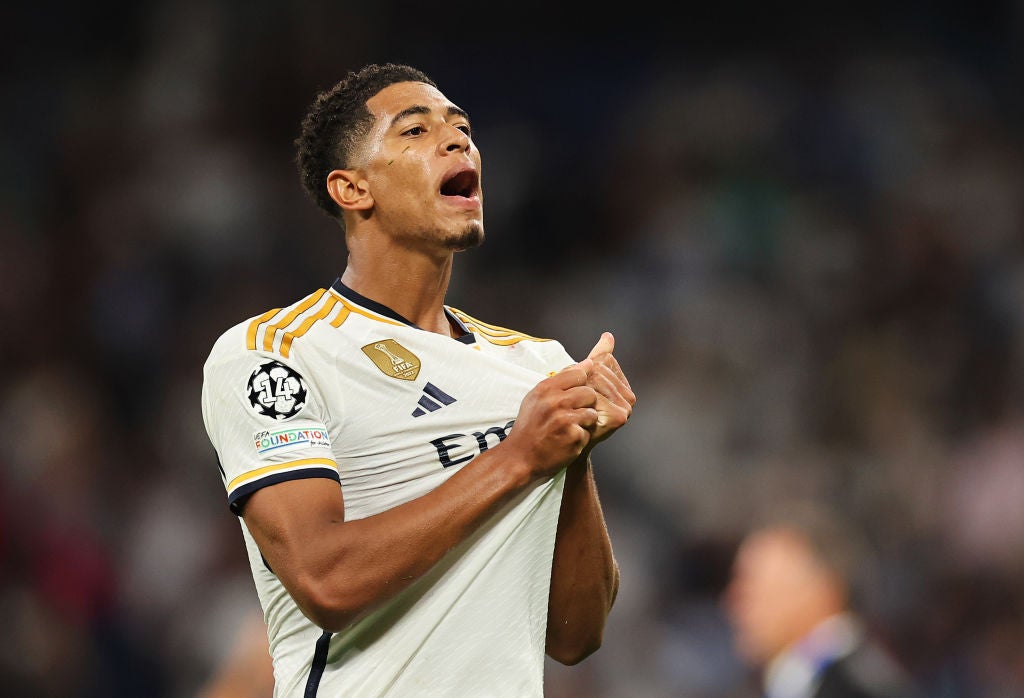
Except, increasingly, it feels like that is to be champion of a handful of clubs that can actually compete rather than to be champions of the European continent in the way that status used to capture its scope. The Champions League has played too great a part in ensuring too much money and talent is concentrated at the top of the game.
It is why this Uefa hierarchy’s attempts to change statutes on executive term limits were seen as “terrible timing”, since it is precisely the kind of bad governance that EU officials are now watching for in light of the ECJ judgement. The Spanish court that is set to rule on the next stage of the Super League case will be watching even more attentively. That hearing is expected to bring a favourable ruling for A22 but one that is really symbolic, all the more so since it comes as the last-16 second legs will be finishing.
Champions League fixtures
First legs
13 February
- Copenhagen v Man City
- Leipzig v Real Madrid
14 February
- PSG v Real Sociedad
- Lazio v Bayern Munich
20 February
- Inter v Atletico Madrid
- PSV v Dortmund
21 February
- Porto v Arsenal
- Napoli v Barcelona
Second legs
5 March
- Real Sociedad v PSG
- Bayern v Lazio
6 March
- Man City v Copenhagen
- Real Madrid v Leipzig
12 March
- Arsenal v Porto
- Barcelona v Napoli
13 March
- Atletico Madrid v Inter
- Dortmund v PSV
Uefa almost need to hope there’s a bit of life to the games by then, because there is a new atmosphere of unease around European football, which is only added to by the unexpected impending resignation of president Aleksander Ceferin.
The status of the Champions League may be protected but that is at a point when its stature has never felt lesser. More bodies will eventually seek to test Uefa through the recommendations from the December judgement, which is where different ideas for a European Cup may develop. This may be the true success of A22. They don’t even need to do a Super League or offer a clear solution soon but start small and keep pointing to what Uefa is not doing.
As regards this European Cup, most expect City to retain the title, potentially ensuring Pep Guardiola sets another landmark while winning a personal fourth.
That isn’t certain, of course, but it feels more predictable than trying to say what this competition will even look like in half a decade.

Join our commenting forum
Join thought-provoking conversations, follow other Independent readers and see their replies
Comments